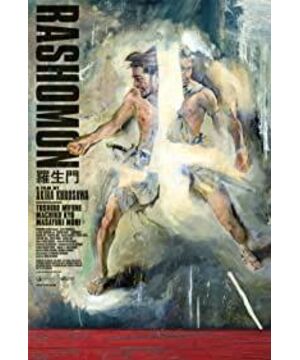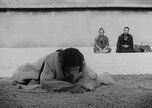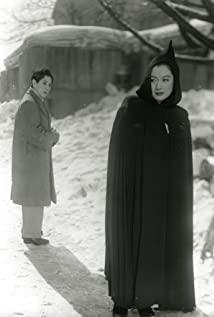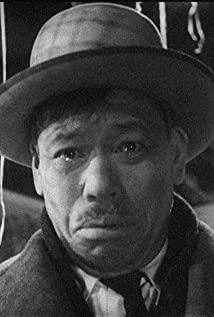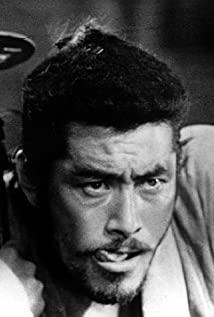In the film, the robbers, warriors, wives, and woodcutter are all selfish. In order to beautify their morals, alleviate their sins, and conceal their faults, everyone is lying, and no one's words are completely true and credible. In order to highlight his heroic spirit and conceal his timidity and incompetence, the robber said in his testimony that he untied the ropes of the samurai and competed fairly with him, fighting for 23 rounds before killing the samurai. He was a real villain. In order to highlight his integrity and integrity and conceal his weakness and incompetence, the samurai strongly condemned his wife in his testimony, saying that he had committed suicide, and demonstrated his Bushido spirit as a hypocrite. In order to gain sympathy, the wife kept saying that she was a victim, was humiliated and abandoned, and even the murder of her husband was just a desperate revenge, and it was hard to blame. In reality, however, she was selfish, cunning, and infidelity.
The woodcutter is a very special character in Rashomon. He is both a commentator of the murder and a witness to the incident. He is kind, and he can't get rid of the inherent shortcomings of human nature. A small knife with a pearl handle became the reason for him to lie, but this kind of lie was so real that it was heartbreaking. He wanted to feed six children amidst the chaos, and the hardship of life created a lie. At the end of the film, his adoption of an abandoned baby is the only highlight in the whole film.
The film deeply portrays the weakness, cruelty and even hideousness of human nature. What is gratifying is that after narrating the cowardice and deceit of human nature for more than 80 minutes, the ending gives everyone a golden and beautiful hope, showing the theme of the film-humanitarian and moral revival.
View more about Rashomon reviews


